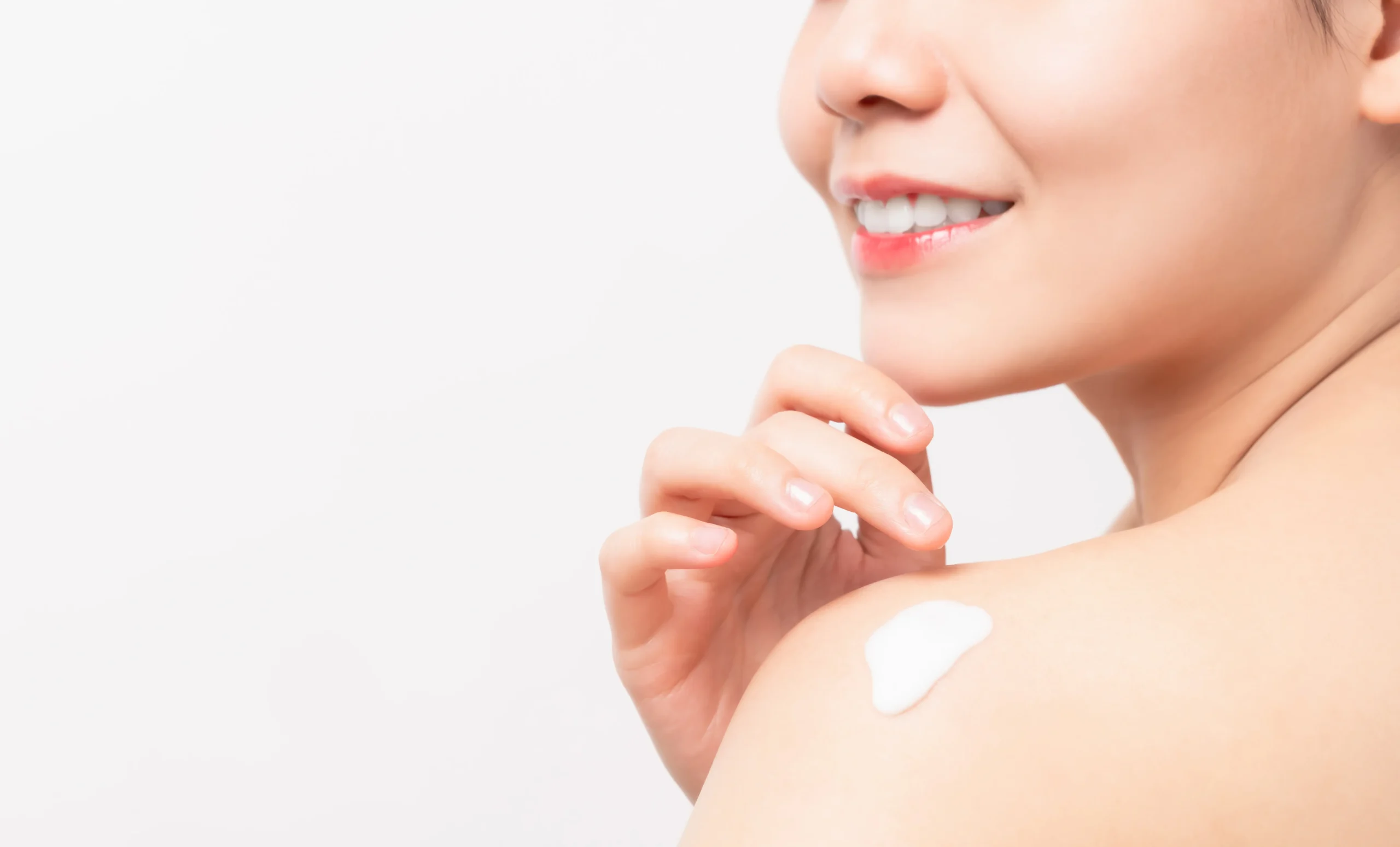
In today’s beauty industry, consumers are often faced with a myriad of choices when it comes to skin care products. From traditional Western formulations to holistic alternatives like Ayurvedic skin care, the options can be overwhelming. In this article, we’ll explore the key differences between conventional skin care products and Ayurvedic skin care, and why the latter is gaining popularity among beauty enthusiasts worldwide.
Understanding Traditional Skin Care Products
Traditional skin care products typically rely on synthetic ingredients and chemicals to address specific skin concerns. While these products may deliver immediate results, they often come with potential side effects and long-term consequences for skin health. Common ingredients found in conventional skincare include parabens, sulfates, and artificial fragrances, which may cause irritation and disrupt the skin’s natural balance.
Exploring Ayurvedic Skin Care Principles
Ayurvedic skin care, on the other hand, follows the principles of Ayurveda, an ancient holistic healing system from India. According to Ayurveda, optimal skin health is achieved through a balance of mind, body, and spirit. Ayurvedic skin care focuses on using natural ingredients, such as herbs, botanicals, and oils, to nourish and rejuvenate the skin from within.
Benefits of Ayurvedic Skin Care
One of the primary benefits of Ayurvedic skin care is its emphasis on holistic wellness. By addressing the root cause of skin issues, rather than merely treating symptoms, Ayurvedic products offer long-lasting results without harmful side effects. Additionally, Ayurvedic skin care promotes harmony with nature, making it suitable for all skin types, including sensitive and allergy-prone skin.
Common Ingredients in Ayurvedic Skin Care
Ayurvedic skin care products often feature a blend of traditional herbs and botanicals known for their therapeutic properties. Some common ingredients include:
- Turmeric: prized for its anti-inflammatory and brightening effects.
- Neem: renowned for its antibacterial and acne-fighting properties.
- Sandalwood: valued for its soothing and cooling properties, ideal for calming irritated skin.
- Aloe Vera: a natural moisturizer and healer, perfect for soothing dry or sunburned skin.
- Coconut Oil: rich in antioxidants and fatty acids, coconut oil nourishes and hydrates the skin deeply.
How to Incorporate Ayurvedic Skin Care into Your Routine
Incorporating Ayurvedic skin care into your daily routine is simple and effective. Begin by identifying your skin type and specific concerns, then choose products tailored to address those needs. Start with a gentle cleanser to remove impurities, followed by a hydrating toner to balance the skin’s pH. Next, apply a nourishing serum or facial oil to replenish moisture and lock in hydration. Finish with a lightweight moisturizer and sunscreen to protect your skin from environmental damage.
Tips for Choosing the Right Ayurvedic Skin Care Products
When selecting Ayurvedic skin care products, it’s essential to prioritize quality and authenticity. Look for brands that use organic, ethically sourced ingredients and adhere to traditional Ayurvedic principles. Additionally, read product labels carefully to ensure they are free from harmful chemicals and artificial additives. Consider consulting with an Ayurvedic practitioner or skincare expert for personalized recommendations based on your unique skin type and concerns.
Real-Life Success Stories: Ayurvedic Skin Care Transformations
Countless individuals have experienced remarkable transformations in their skin health through Ayurvedic skincare. From clearing acne and reducing inflammation to achieving a radiant, youthful complexion, Ayurvedic products have garnered rave reviews for their efficacy and gentleness. These real-life success stories serve as a testament to the power of Ayurvedic skin care in restoring balance and vitality to the skin.
The Future of Ayurvedic Skin Care
As consumers increasingly prioritize natural and sustainable beauty solutions, the demand for Ayurvedic skin care is expected to continue growing. With its holistic approach to skin health and an emphasis on individualized care, Ayurveda offers a timeless alternative to conventional skincare that resonates with modern wellness seekers. As more research emerges supporting the efficacy of Ayurvedic ingredients, we can expect to see innovative formulations and advancements in Ayurvedic skin care products in the years to come.
Conclusion
In conclusion, Ayurvedic skin care represents a holistic approach to beauty that honors the interconnectedness of mind, body, and spirit. By harnessing the power of nature and ancient wisdom, Ayurvedic products offer a safe, effective, and sustainable solution for achieving radiant, healthy skin. Whether you’re seeking to address specific skin concerns or simply enhance your natural beauty, Ayurvedic skin care provides a pathway to wellness that transcends traditional beauty norms.
FAQs
- Are Ayurvedic skin care products suitable for all skin types?
- Yes, Ayurvedic skin care products are formulated to address the needs of all skin types, including sensitive and acne-prone skin.
- Can Ayurvedic skin care products treat specific skin conditions like eczema or psoriasis?
- While Ayurvedic skin care may provide relief for some individuals with skin conditions, it’s essential to consult with a healthcare professional for personalized treatment recommendations.
- How long does it take to see results from Ayurvedic skin care products?
- Results may vary depending on individual skin concerns and the specific products used. However, many people report noticeable improvements in skin texture and appearance within a few weeks of consistent use.
- Are Ayurvedic skin care products safe to use during pregnancy?
- While Ayurvedic ingredients are generally considered safe, it’s advisable to consult with a healthcare provider before using any skincare products during pregnancy or breastfeeding.
- Can Ayurvedic skin care products replace medical treatments for skin conditions?
- Ayurvedic skin care products can complement medical treatments for skin conditions, but they should not be used as a substitute for professional medical advice or treatment.





















